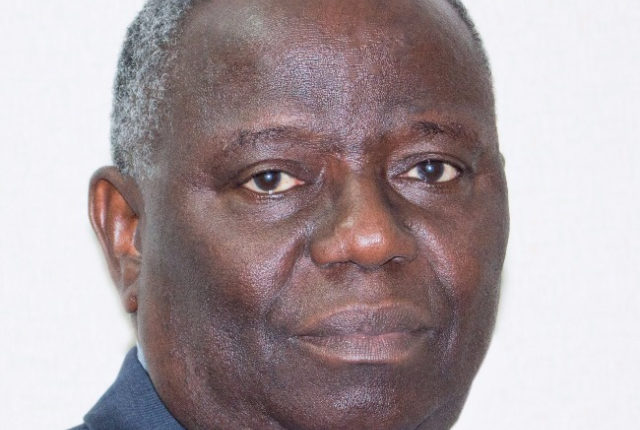The Millennium Development Authority (MiDA) plans to inject over US$330million into the power sector over the next 18 months, in a move that will see the sector undergo a massive revamp.
The funds will be used to support investments into infrastructure and business process-related projects that will enhance the Electricity Company of Ghana (ECG) – with the overall aim of improving its operational efficiencies, cutting commercial and technical losses, improving the company’s finances and allowing power to be distributed efficiently.
MiDA’s Chief Executive Officer, Martin Eson-Benjamin, explained that US$308.2million of the amount is being made available under the Power Compact through the Millennium Challenge Accounts, with some US$23million as Counterpart Funds from the government of Ghana. The funds, he said, are expected to be fully utilised by September 2021 – which is the date when the mandate of the Power Compact being implemented by MiDA will end.
“The projects which we have prioritised after the de-obligation of the US$190million will, on completion, also support efficient and sustainable delivery of power to ECG consumers in the micro, small, medium and large industries and institutions, and even for markets, economic enclaves and domestic consumers,” he said at a media soiree in Accra.
Some of the projects being lined-up include construction of three primary power substations, one each at Pokuase and Legon, both in Accra, and another at Kasoa in the Central Region. The Legon substation, when completed, will provide reliable power supply to the 600-bed capacity university hospital and the entire academic community.
The move will significantly reduce cost of electricity to the community, a problem the University of Ghana has been battling with due to obsolete electrical installations.
Given that the country has excess generation capacity but an inefficient supply system, he said, several communities that are currently experiencing intermittent power outages will have their transformers replaced while new ones will be installed at strategic locations to ensure reliable power supply.
Others include retrofitting public buildings such Korle-Bu Teaching Hospital, the University of Ghana and ministries. This is to allow for efficiencies in consumption, and consequently lower energy bills.
The funds will among other things support capacity upgrades of the Energy Commission and Ghana Standards Authority in the form of labelling standards, energy auditing and equipment testing, as well as the Public Utilities Regulatory Commission.
“So far, we have done a lot of work at Korle-Bu Hospital, where we were able to save 40 percent of the monthly electricity bill,” Eson-Benjamin said. “We have gone to the University of Ghana and we have gone to seven ministries where we want to replace the lines, fans and air-conditioners.”
Additionally, 10 selected markets – including eight in Accra and two in Tamale – will see an overhaul of electrical systems to ensure that power cuts and fire outbreaks become a thing of the past. This will also eliminate power-theft and losses to the ECG when it is completed by middle of next year.
To ensure an efficient power sector going forward, particularly at the consumption end, three universities, he said – including Kwame Nkrumah University of Science and Technology, Accra Technical University and the University of Energy and Natural Resources – are to be supported in training personnel to become energy auditors. “These auditors will become experts in testing the energy-efficiency of homes and commercial buildings.”


Comments are closed.